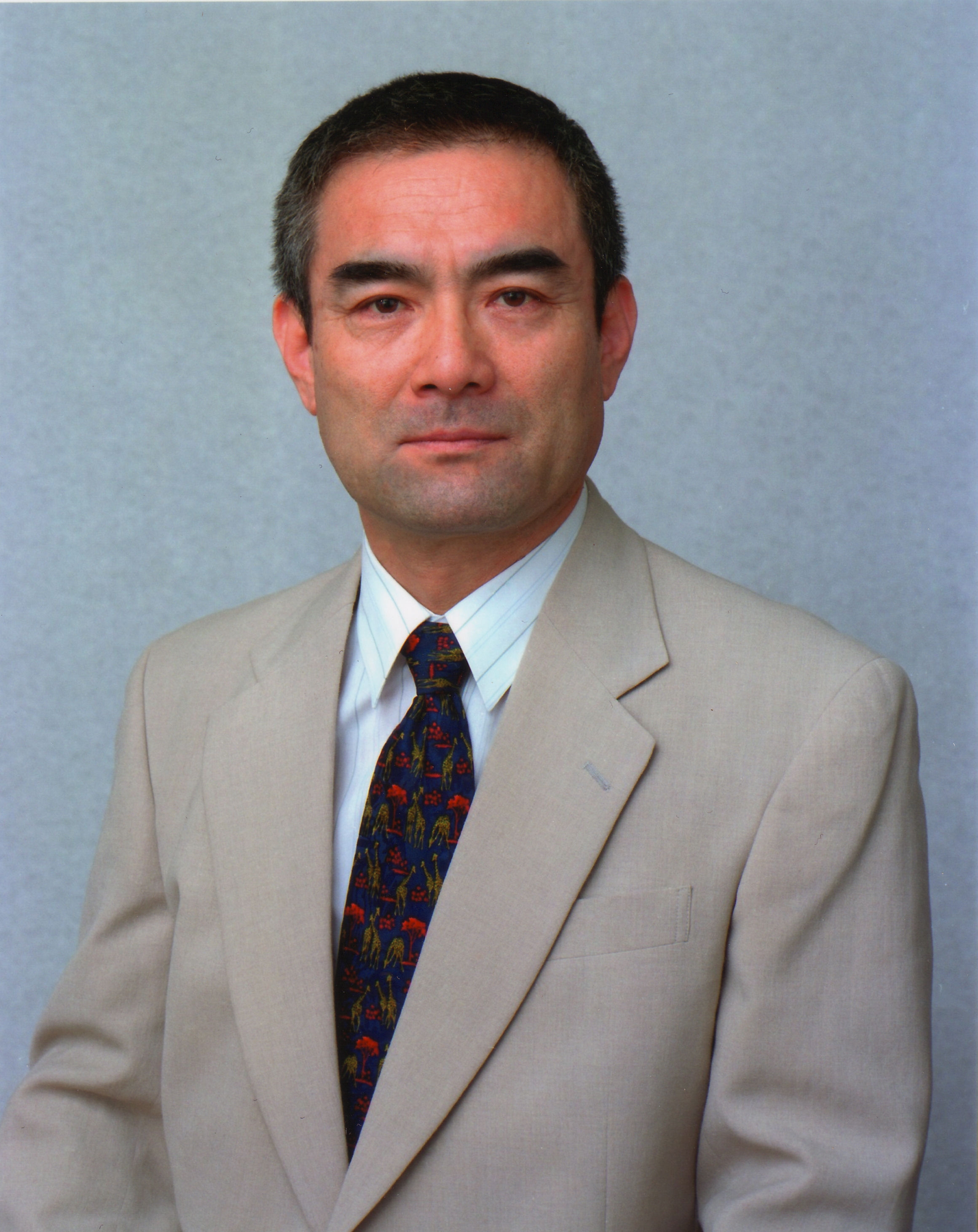Kokoro
I liked very much reading “Kokoro”, (“Hearts”), by Natsume Sōseki. A lovely snapshot into the Japanese hearts of that very special period that is the Meiji Restoration. I liked it so much that I'm now reading another book of the same author — “I am a cat”. Also great, but in a very different way.
“Kokoro”. It's so difficult to understand the human heart. Take the Japanese heart of 100 years ago, or slightly more, for example. What kind of man, what kind of woman, is one that is born there and then, which has lived their life there and then? That's a mystery already. And even a greater mystery is what happens when that man or woman sees all of their world mutate.
That's what happened with the arrival of the Americans in Japan, and the end of the Edo isolation, and the awareness that there was a world outside of Japan. An alien world, yes, but also a powerful one. One that could not just be ignored. A different world that, as it had become painfully clear from the start, could have a profound influence on Japan and the Japanese. And, regrettably, it would have an even larger impact a few years later.
“Kokoro” is all about this. It's about the Japanese hearts, and the way they respond to the world around them. While in “I am a cat” there is irony, in “Kokoro” there's a little of everything; and there's drama. There is death. Which is one of the responses that men and women sometimes give themselves, when the world around them becomes unbearable. Guilt, distress. Fear. Pressure. Shame. A feeling of inadequacy. A feeling of mismatch. It's a response that many Japanese choose for themselves even today. Different hearts, maybe, and the same answer, if it can be called like that.
“Kokoro” is a way to reflect on all this not as I'm doing right now, but more graphically. It's a snapshot, as I said already. But one that tells much more that what I could ever hope to express through a systematic discussion.
It is actually two books into one. Two stories with overlapping hearts. The young heart, the old heart; the countryside heart and the one of the big city; the woman's and the man's. The open heart and the secluded one. Stories of the match between those hearts and their societies, at all scales. From two friends to families to villages to the city and the nation.
I think that the fortune of this novel lies in this: it's the most compact way to tell, or better to preserve, those many stories. It is therefore more a monument than a “simple” book; it's a monument to those lives and times; to those hearts.
Kokoro's 1955 movie
After writing this post, I watched Kon Ichikawa's movie by the same title. A masterwork. Not only it materializes / visualizes what I could only and barely imagine while reading the Book — much more than that, it tells aspect that at the same time are and aren't in the Book. It faithfully brings life to a part of the story that the Author shadowed out. The highest visual Art based on the highest written Art. I'm impressed and moved.
 Sensei writes his long letter to Hioki; 先生の遺書, Sensei's Testament.
Sensei writes his long letter to Hioki; 先生の遺書, Sensei's Testament.
Kokoro's 1973 movie
A second Kokoro movie appeared in 1973, directed by Kaneto Shindō. I have been watching it these days (October 2024). I am truly speechless, because I daresay this second interpretation is even more beautiful than Kon Ichikawa's. Kaneto diverges from the original setting in so many fundamental ways — the story is set in the Seventies, and focuses on sensei's testament part, omitting the disciple from the story. Why then, I ask myself, it is so truer to the novel? What kind of miracle is this? The director (who also wrote the screenplay) made it possible; but also the wonderful actors: Otowa Nobuko (who became Kaneto's mistress in 1951, appearing in nearly all of his films, and then his wife in 1977), Noboru Matsuhashi, the young sensei, Kazunaga Tsuji, his upright friend, and the beautiful Anri. So perfect is their interpretation, and so perfectly relived are the ideas and messages of the novel, that even the jazz trumpet-based soundtrack fits in perfectly rather than reminding the watcher of French movies of the Fifties and Sixties, and so the Moonlight Sonata, which never seems like a foreign organism (cf. Kaneko Atsushi's Soil.)
 Noboru Matsuhashi
Noboru Matsuhashi
 Mr. Robert Fripp. Ah no, sorry, it's Mr. Kazunaga Tsuji
Mr. Robert Fripp. Ah no, sorry, it's Mr. Kazunaga Tsuji
 Anri (I-ko or, much more appropriately, Ai-chan, as her mother calls her)
Anri (I-ko or, much more appropriately, Ai-chan, as her mother calls her)
 A man seen from behind walks along a pavement bordering a road. It's sensei's friend. The road rises and the man moves a little heavily, as if the climb weighs on him. In reality it is his thoughts that weigh him down, and that fork up there that leads who knows where.
A man seen from behind walks along a pavement bordering a road. It's sensei's friend. The road rises and the man moves a little heavily, as if the climb weighs on him. In reality it is his thoughts that weigh him down, and that fork up there that leads who knows where.
Kokoro by Eidon is licensed under Creative Commons Attribution 4.0 International



